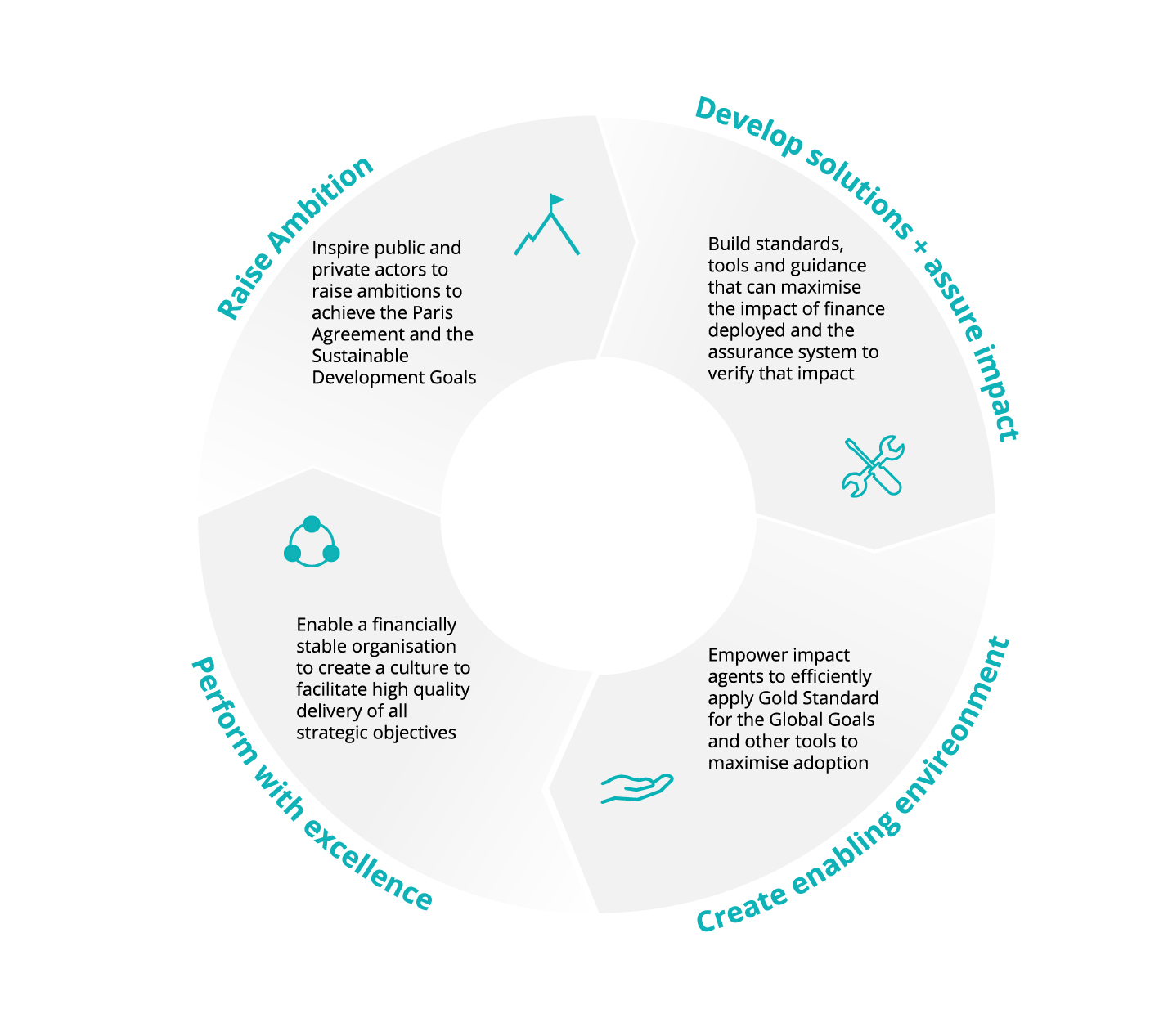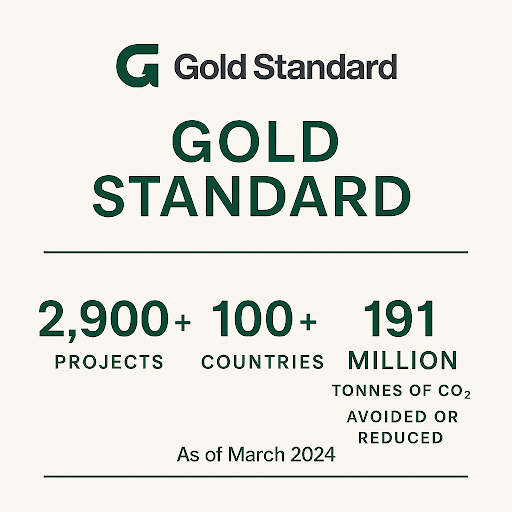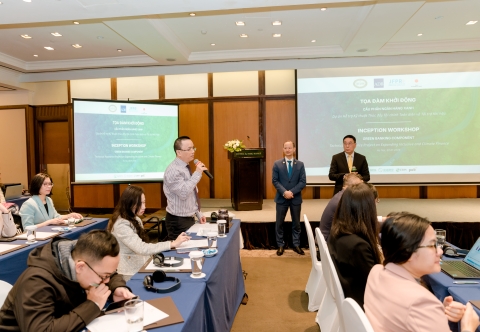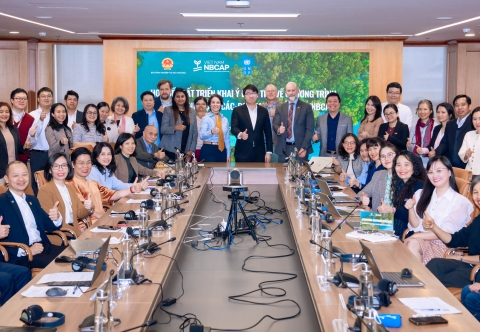Founded in 2003 by the World Wide Fund for Nature (WWF) and several NGOs, GS ensures that each carbon credit not only represents a reduction in greenhouse gas emissions but also brings sustainable social and environmental benefits. Projects seeking GS certification must undergo a strict evaluation process, including at least two rounds of stakeholder consultations. The first requirement is that the project must prove that the CO₂ emissions reduced or absorbed are feasible, measurable, and independently verifiable. Furthermore, the project must demonstrate additionality, meaning the emission reductions only occur due to the project's activities, not naturally.
Another special GS requirement is that each project must contribute to at least three of the United Nations' 17 Sustainable Development Goals (SDGs), including the mandatory Goal 13: Climate Action. The entire validation process is conducted by independent organizations to ensure transparency and objectivity. After passing these evaluations, the project is issued GS-VERs (Gold Standard-Verified Emission Reductions) carbon credits, with each representing one ton of CO₂ reduced or absorbed.
GS’s approach is built on four clear strategic objectives. First, the organization focuses on raising ambition, inspiring both public and private entities to actively implement the Paris Agreement and the SDGs. GS also develops solutions and ensures impact by creating standards, tools, and guidelines to maximize the effectiveness of climate finance, accompanied by a rigorous validation system to prevent double counting. To support actors within the climate ecosystem, GS establishes tools and methods that optimize the application of the GS standard to global goals. Finally, GS is committed to operating high-quality carbon credit projects with stable financial management and a culture of operational excellence, to ensure long-term support for its strategic objectives.

GS stands out not only for its technical requirements but also for its commitment to community benefits and sustainable development. Carbon credits certified under GS usually command a higher market value, as companies purchasing them are seen as fulfilling both carbon offsetting and social responsibility commitments. According to its latest data as of March 2024, GS has issued over 220 million carbon credits and certified more than 2,900 projects worldwide.

Despite its high credibility, developing a GS-certified project is challenging. High implementation costs, a strict evaluation process, and prolonged approval times pose significant hurdles, especially for small initiatives or those in developing countries. However, as the voluntary carbon market increasingly prioritizes transparency and tangible results, rigorous standards like GS are becoming the mainstream.
GS is also piloting several innovations to meet market demands, including the use of digital technologies for real-time monitoring and measurement of project impacts. These initiatives are expected to further strengthen GS’s leadership in driving the voluntary carbon market toward greater transparency, efficiency, and sustainability.
 Launch of the Green Banking Component under the Technical Assistance Project on Expanding Inclusive and Climate Finance
Launch of the Green Banking Component under the Technical Assistance Project on Expanding Inclusive and Climate Finance
 Meeting to propose the implementation of the Letter of Intent for the National Green Carbon Action Partnership Program (NBCAP)
Meeting to propose the implementation of the Letter of Intent for the National Green Carbon Action Partnership Program (NBCAP)